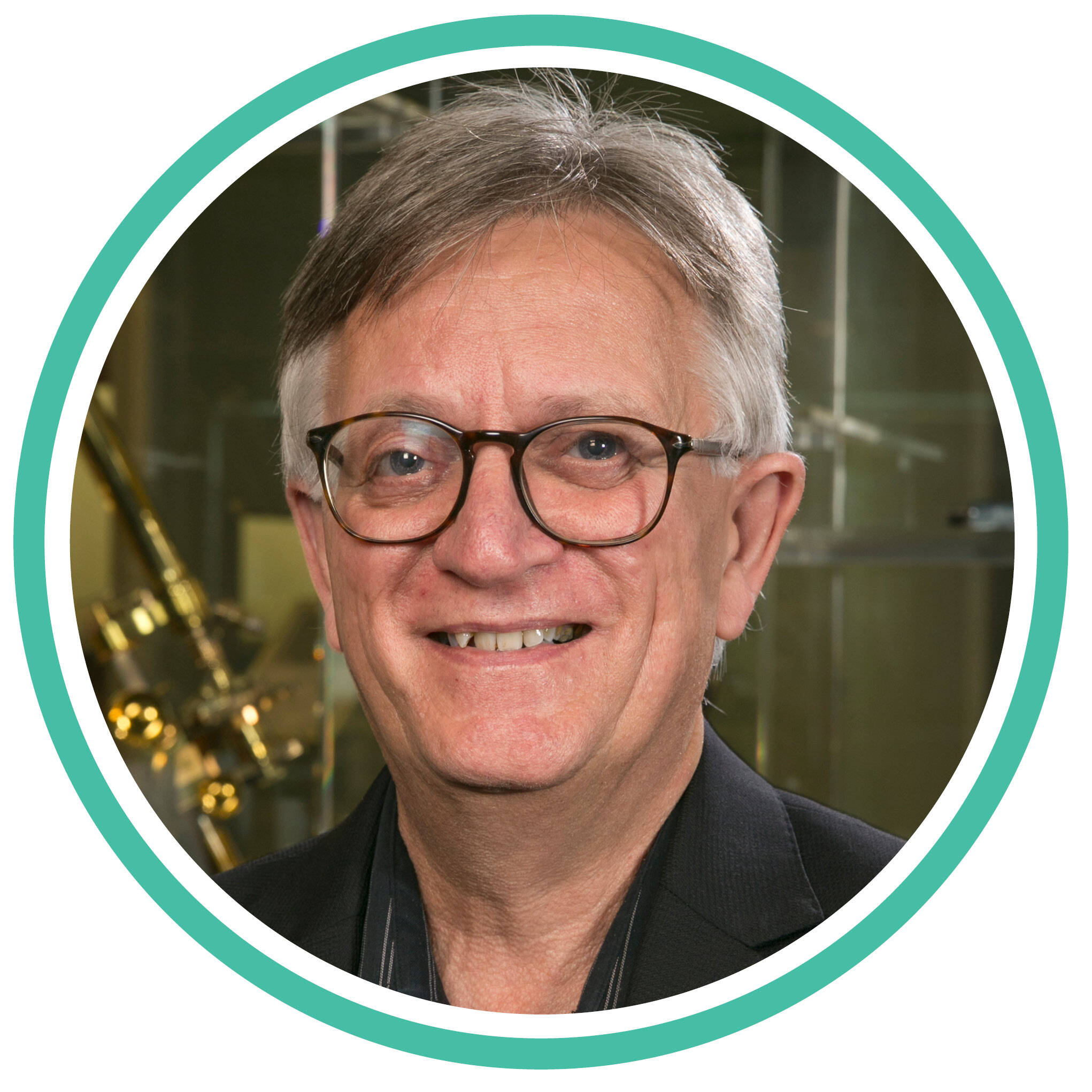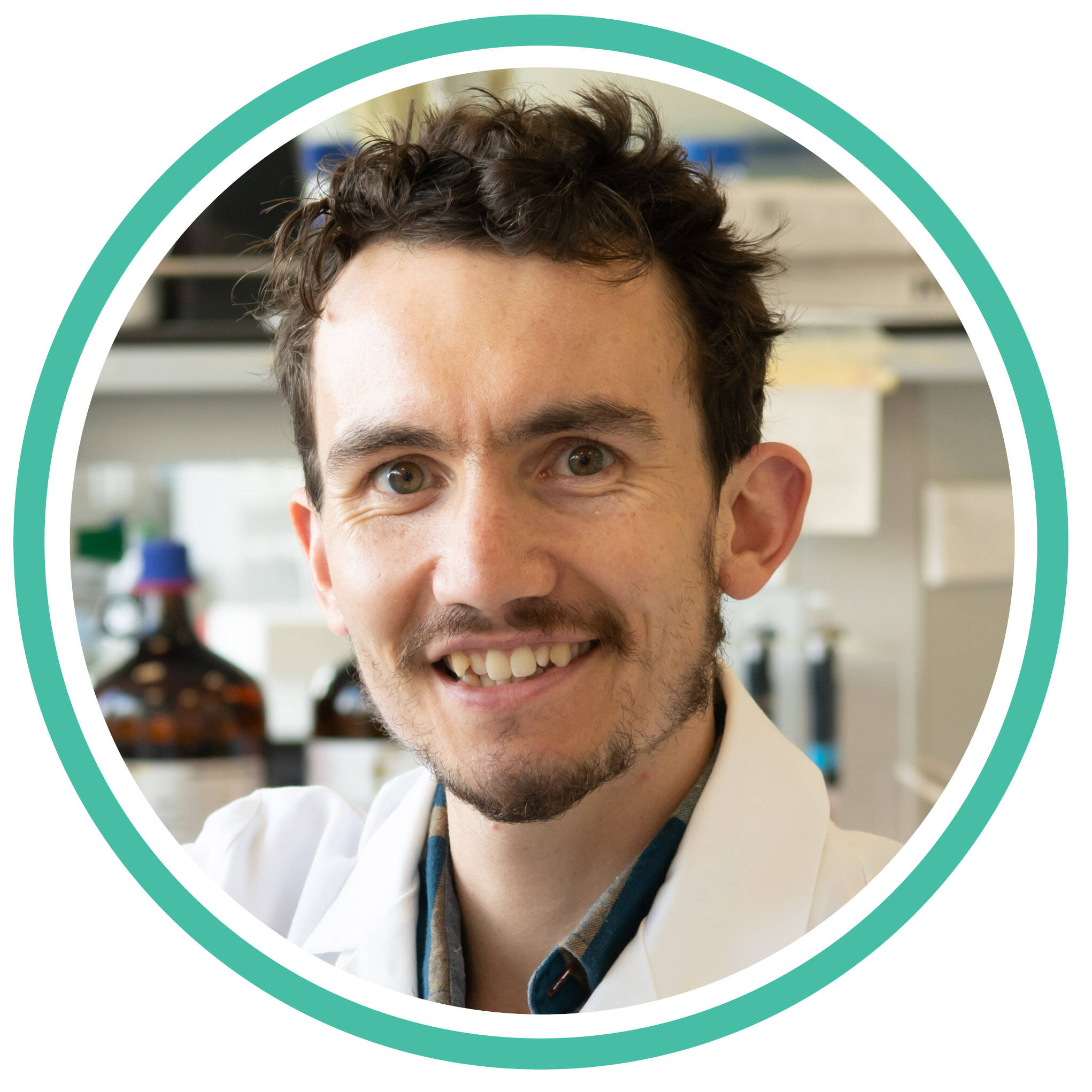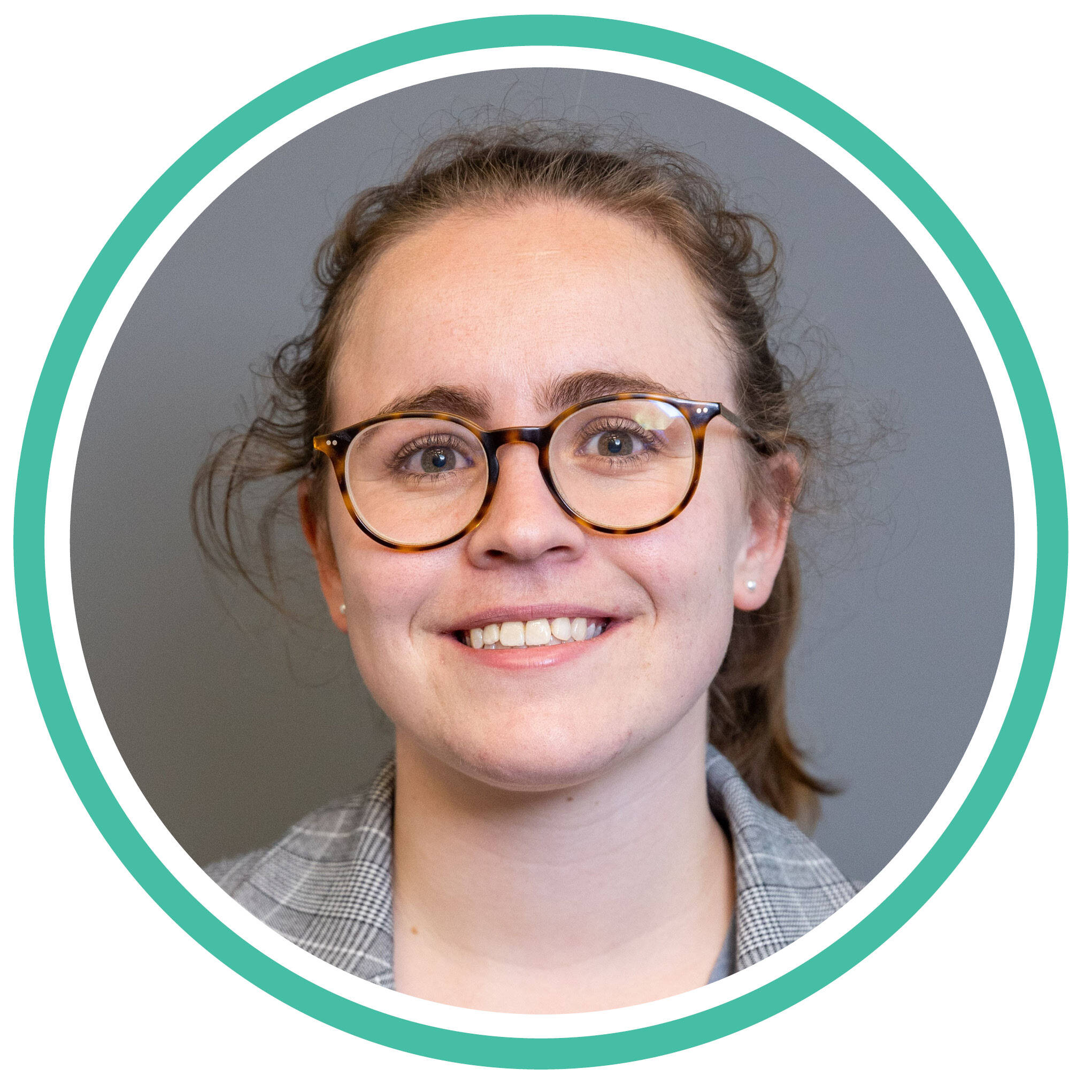2024 Round A Grant Recipients

University of Canterbury
$307,444
Parkinson’s: Are some answers but a tear away?
Parkinson’s disease has a significant impact on mental health and many body functions well beyond the common notion of a movement disorder. A specific protein abnormality is the hallmark of Parkinson’s. Previously, this was detectable only through brain autopsy. Recent advances uncovered its presence in the fluid bathing brain and spinal cord, but this requires a spinal puncture. Instead, we have pioneered the idea of finding the abnormality within the eye’s tears – a simple, low-impact procedure. Moreover, tears will reveal many other hidden secrets of Parkinson’s disease. Our development may enable earlier diagnosis and therapeutic intervention for people with Parkinson’s.

University of Auckland
$279,474
Diagnostic accuracy of plasma phosphorylated tau-217 for determination of amyloid-beta pathology in the New Zealand-Dementia Prevention Research Clinic cohort
The number of people affected by dementia in Aotearoa New Zealand is rising rapidly, and Alzheimer’s disease (AD) is the most common cause. The Dementia Prevention Research Clinics (DPRCs) are a longitudinal study that aims to improve the understanding of AD and dementia in Aotearoa. This DPRC project investigates how well a new blood test called p-tau217 can detect the presence of AD related changes. This blood test could be used to screen, triage, and potentially enable accurate diagnosis of people with cognitive symptoms, as well as investigating the probability of an individual progressing to AD.

University of Auckland
$271,922
Potentiating oxidative stress as an anticancer approach in IDH1-mutant glioma
Certain brain cancers are caused by a mutation in a metabolic enzyme called isocitrate dehydrogenase 1 (IDH1). The mutant IDH1 acquires a new and abnormal function that causes it to produce a cancer-initiating molecule, which encourages the affected brain cells to become cancerous, but also interferes with their antioxidant systems, making them sensitive to oxidative stress. Our research team have mapped the cellular pathways that IDH1-mutant cells rely on for their survival. This project will further this research by testing new and existing therapies designed to interfere with these pathways and sensitise these cancers to oxidative stress.

Auckland University of Technology
$179,994
Recalibration of a stroke prediction equation and disparities in stroke prevention in Aotearoa
Currently used stroke prevention strategies are not sufficiently effective. This project, for the first time, will allow development of NZ-specific algorithms for prediction of first-ever and recurrent stroke, identify deficiencies in primary and secondary stroke prevention and assess changes in cardiovascular risk factor management in our country over the past 13 years. To achieve this, a retrospective cohort study will be conducted utilising anonymised data of over 500,000 New Zealand adults from existing national health databases. This project will have a significant impact on improving stroke prevention and reducing persistent inequalities in stroke.

University of Auckland
$295,267
MR Imaging of subclinical neuroinflammation
Inflammation of the brain is a ubiquitous response to cerebral trauma and diseases. However, it is frequently only detectable later in the disease course. There are currently no Magnetic Resonance Imaging techniques that are sensitive enough to detect early neuroinflammation. Without early-stage detection, the window for administering disease-altering treatment may be missed.
We have recently developed an MRI technique that amplifies the MRI contrast 10-fold and may detect these early inflammatory changes. This study aims to correlate the imaging changes with cellular and tissue markers of neuroinflammation to provide much-needed validation and clinical confidence in this new neuroimaging tool.

University of Otago Dunedin
$15,000
The molecular complexity of nELAVLs in development and disease
We have identified strong genetic candidates that could be implicated in both disorders that affect neurodevelopment and neurological ageing diseases. These candidates act in the cell as regulators and transporters, and help determine how the cell functions. We do not yet have a complete picture of what components they regulate, and so this project uses an advanced molecular sequencing approach to identify these targets, and how they might be different between different candidates. This information will be useful to better understand their roles in brain functioning and disease, and give us starting points to explore potential therapeutic strategies.

University of Auckland
$15,000
Different threads of a common tapestry: Do RNA-binding proteins associated with amyotrophic lateral sclerosis cause neuronal death in a synonymous way?
Amyotrophic lateral sclerosis (ALS) is a tragic movement disorder, in which motor neurons, the messengers between brain and muscle, die off. Currently, there is no cure, mainly because there are multiple theories on how the motor neurons degenerate. With so many ‘suspects’ of disease, how can we find a pharmacological target that will be effective to all people living with ALS? This project will investigate what these suspects have in common, and whether these common features hold the answer to why motor neurons degenerate. Identifying common features of ALS presents a potential avenue for identifying new therapeutic targets.

University of Otago Dunedin
$15,000
Network and GABAA receptor mechanisms underlying dyskinesia expression in parkinsonian rats
Over 10,000 individuals live with Parkinson’s disease (PD) in Aotearoa New Zealand. The gold standard drug treatment for PD is levodopa, but 90% of patients develop the side-effect levodopa-induced-dyskinesia (“dyskinesia”) from long-term use. Dyskinesia significantly decreases quality of life. This study will characterise two mechanisms underlying dyskinesia in movement pathways – changes in brain chemical signalling and brain cell activity. This knowledge will enhance our understanding of why dyskinesia occurs so that new treatments can be developed to reduce them or prevent them from occurring.

University of Auckland
$14,940
The effective of nebulised sodium nitrite on brain blood flow control in patients at risk of stroke
Stroke is a devastating disease with limited acute therapeutic options to improve outcomes. Successful stroke treatment involves restoring blood flow to affected brain regions within the therapeutic window (typically 4.5-6 hours), which poses a significant logistical challenge for New Zealanders living in isolated rural regions. The proposed study will elucidate the effects of nebulised sodium nitrite on brain blood flow control in patients with hypertension and atrial fibrillation, who are at high risk of stroke. Insights gained from this research could lead to a novel stroke treatment which can be delivery inside the ambulance.

Gillies McIndoe Research Institute
$13,480
Exploring the potential of Sunitinib, Mebendazole and Everolimus in the Treatment of Invasive Grade II Meningioma
Meningioma is the most common brain tumour, yet there are currently no standard drug options to treat it. Drug repurposing is when a well-characterised and safe drug is successfully used in a new setting, reducing costs for patients and researchers. This project will utilise meningioma cells donated by patients, grown in our lab and then treated with the pre-existing subsidised drugs sunitinib, mebendazole and everolimus. The Neurological Foundation grant will allow us to perform an in-depth analysis of how these repurposed drug candidates affect meningioma cells, and whether they could help to reduce, delay or avoid surgery for patients.

University of Auckland
$296,736
Oculomotor and vestibular phenotyping in genetic disorders of the cerebellum
The cerebellum is a specialised part of the brain essential for balance and coordinating movements, including eye movements. It is also connected to the balancing organs of the inner ear. This research aims to understand how genetic changes affect the way the cerebellum and balance organs work together to influence eye movements. We think that different genetic causes of cerebellar dysfunction will result in distinct eye movement patterns. This information could aid clinicians in diagnosing cerebellar disorders and provides a basis for developing and monitoring treatments.
Dr Taylor is mentored by Professor Peter Thorne, University of Auckland

University of Auckland
$282,723
The role of microglial-specific endolysosomal dysfunction in Alzheimer's Disease
The brain’s immune cells, microglia, have a critical role in Alzheimer’s Disease. Microglia are the brain’s cleaning crew, disposing of debris and foreign substances. However, this cleaning-up process seems to go wrong in Alzheimer’s, where microglia can’t get rid of amyloid plaques, the main pathological feature of the disease. This project will study what goes wrong with the waste clearance system inside microglia cells during Alzheimer’s Disease. These findings will enhance our understanding of the role of brain immune cells in Alzheimer’s disease, paving the way for future drug discovery research targeting these cells.
Dr Borrie is mentored by Professor Johanna Montgomery and Professor Michael Dragunow, University of Auckland.

University of Auckland
$248,576
Deciphering the inflammatory crosstalk between the brain and tumour in the face of radiation
Radiation therapy can cause neurological injury in the normal brain despite having anti-tumour effects. This study explores the impact of radiation on brain tumours and normal brain tissue by focusing on the activation of inflammatory pathways. We aim to identify differences in the inflammatory response between tumour and the normal brain using an animal model and primary human cell models. We will also identify drugs that can modulate inflammation to augment anti-tumour effects while reducing damage to the healthy brain. This research will provide insight into radiation-induced inflammation and hope to improve clinical outcomes of brain tumour patients.
Dr Li is mentored by Dr Thomas Park and Professor Mike Dragunow, University of Auckland

University of Canterbury
$216,923
Understanding the impact of chronic glucocorticoid treatment on the brain-stress axis in Duchenne muscular dystrophy
Duchenne muscular dystrophy is a muscle wasting disease with associated neurological disorders. It is managed using anti-inflammatory drugs called glucocorticoids that slow muscle wasting, but their long-term effects on the nervous system are unknown. Glucocorticoids work by suppressing the brain-stress hormone pathway, potentially blocking the body’s ability to respond to stress. This project will assess how chronic glucocorticoid treatment impacts the stress response and neurocognitive behaviours. This will provide insights into the neurological effects of Duchenne treatments, to better inform patients and healthcare strategies.
Dr Major is mentored by Dr Angus Lindsay and Dr Vanessa Morris, University of Canterbury

Te Whatu Ora Te Toka Tumai Auckland
$208,075
Clinical phenotyping of PINK1 Parkinson’s disease in Aotearoa and the Pacific
Parkinson’s disease is one of the most common neurodegenerative conditions affecting older adults today. However, in the western pacific population, a form of Parkinson’s disease known as PINK1 Parkinson’s disease has been recently discovered that runs in families and affects individuals as young as teenagers. This project will answer fundamental questions about this early onset form of Parkinson’s disease: What does this condition look like? How does it respond to treatment? What can this condition tell us about Parkinson’s disease in the elderly?
Dr Donnelly is mentored by Associate Professor Richard Roxburgh and Dr Viswas Dayal, Te Whatu Ora Te Toka Tumai Auckland

University of Auckland
$166,939
Seeing Beyond The Eye: Neuro-ophthalmic Markers of Optic Neuritis and CNS Inflammation
Optic neuritis is a condition where the immune system attacks the optic nerve, the “cable” connecting the eyeball and brain, resulting in reduced vision. Despite its impact on visual function, treatment strategies for optic neuritis rely on outdated protocols. Using advanced eye imaging, this study will explore how the structure and function of the eye changes after optic neuritis, in people with autoimmune neurological disorders such as multiple sclerosis. By tracking these changes over time, I aim to develop tools for diagnosing and monitoring optic neuritis, and tailor treatments to improve visual outcomes for patients with autoimmune neurological disorders.

Harvard University
$135,698
Neural Principles for Flexible Decisions
When we find ourselves in new situations, we often use past experience to decide what to do. This project will fuse together the latest advances in machine learning with human brain imaging, to understand the brain systems that allow us to reuse past experience. The specific aim will be to investigate how the brain reorganises memories and learning over time, so that experiences can be easily reused to navigate new and unfamiliar scenarios. These discoveries will lead to a better understanding of the memory systems impaired in neurological illnesses.
Dr Hall-McMaster is mentored by Professor Samuel Gershman, Harvard University, and Professor Nicolas Schuck, University of Hamburg.

Te Whatu Ora Te Toka Tumai Auckland
$4,340
Optical Imaging in Neurosurgery 2024, Boston, USA

The University of Melbourne
$3,259
European Epilepsy Congress 2024, Rome, Italy

University of Otago Dunedin
$4,500
European Society of Human Genetics Annual Meeting 2024, Berlin, Germany

University of Auckland
$4,500
35th International Symposium on ALS/MND 2024, Montreal, Canada

University of Auckland
$4,500
Alzheimer’s Association International Conference (AAIC) 2024, Philadelphia, USA

University of Auckland
$4,500
2024 Annual Congress of the European Association for Cancer Research (EACR 2024), Rotterdam, Netherlands

University of Auckland
$915
2024 Gordon Research Conference on Neuroelectronic Interfaces, Texas, USA

University of Auckland
$4,500
International society for stem cell research (ISSCR) 2024, Hamburg, Germany

University of Auckland
$4,500
2024 Plasminogen Activation and Extracellular Proteolysis Gordon Research Conference, California, USA

University of Auckland
$4,500
2024 Gordon Research Conference on Neurobiology of Brain Disorders, Barcelona, Spain

University of Auckland
$4,253
Asian Society for Neuro-Oncology (ASNO) 2024, Singapore

University of Auckland
$4,368
14th Hershey Conference on Developmental Brain Injury, Sweden, and Fetal and Neonatal Physiological Society Meeting, UK

University of Auckland
$4,500
Barany Society Meeting 2024, Uppsala, Sweden

University of Otago Dunedin
$4,500
Federation of European Neuroscience Societies (FENS) 2024, Vienna, Austria

University of Auckland
$1,366
Federation of European Neuroscience Societies (FENS) 2024, Vienna, Austria

University of Auckland
$257
Asian Society for Neuro-Oncology (ASNO) 2024, Singapore

Lincoln University
$1,505
29th Annual Congress of the European College of Sport Science 2024, Glasgow, Scotland

University of Auckland
$4,500
ReThink NeuroImmunology 2024, Missouri, USA, and lab visits

University of Auckland
$4,500
14th Hershey Conference on Developmental Brain Injury, Sweden, and Fetal and Neonatal Physiological Society Meeting, UK


